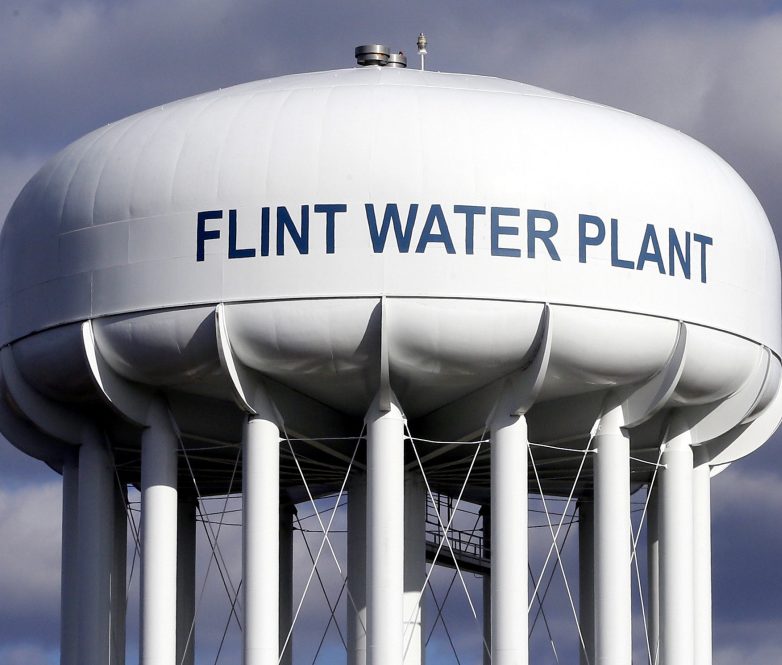Months of testing have found that the water in Flint, Michigan, no longer contains lead levels that exceed federal limits, officials announced Tuesday.
But though the city has reached that positive threshold, residents are still being advised to use filtered water for drinking and cooking, while the city continues to replace thousands of lead service lines. Last week, Flint marked its 1,000th day without reliably clean drinking water.
“This is good news and the result of many partners on the local, county, state and federal levels working together to restore the water quality in the City of Flint,” Heidi Grether, director of the Michigan Department of Environmental Quality, said in a statement. “The Flint water system is one of the most monitored systems in the country for lead and copper, and we remain committed to continuing work in Flint as the city recovers.”
That sliver of good news was a long time coming for the beleaguered city, a once-thriving manufacturing hub that has long suffered the consequences of economic decline. But it did little to dent the mistrust in government that remains in Flint or to convince many people dealing with the crisis that it is nearing an end.
“It is nowhere near the end of the story,” said Mona Hanna-Attisha, the pediatrician who helped expose the lead crisis more than a year ago after discovering skyrocketing rates of blood lead levels in local children.”
She said that even though lead levels in the city’s water have now tested beneath the federal “action level” of 15 parts per billion, the existing regulations themselves are “weak” and do not ensure lead-free water. In addition, thousands of lead pipes remain in the city – and infrastructure project that will likely take years to address – making it important that residents continue to use adequate water filters to make sure the water coming from their taps isn’t dangerous, she said.
“Once those lead pipes are replaced,” Hanna-Attisha said, “then hopefully the people of Flint will regain the trust that has been shattered in their drinking water.”
That trust is unlikely to return anytime soon.
“I’m so mad that I can’t even think straight,” Gina Luster, a community organizer for the advocacy group Flint Rising, said Tuesday.
Send questions/comments to the editors.


